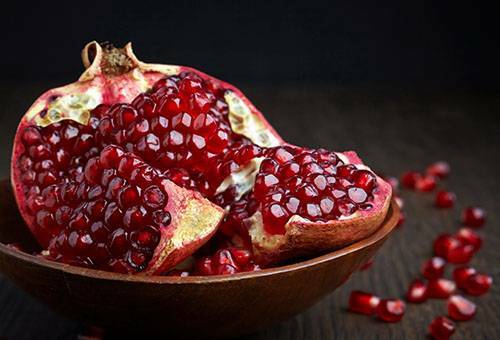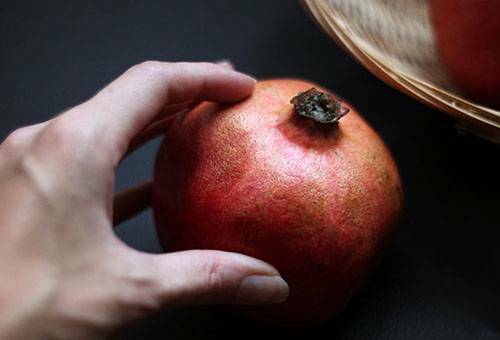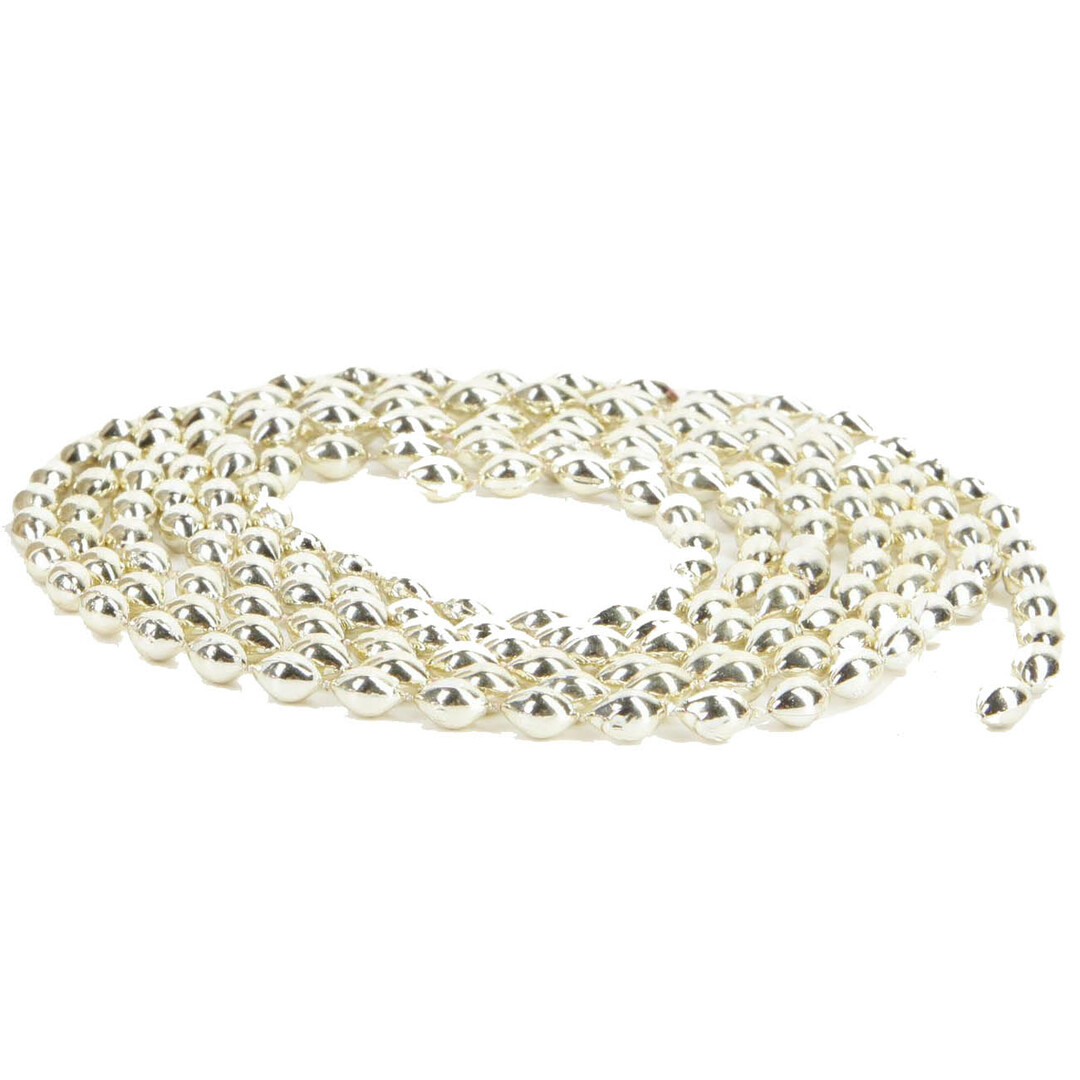Contents:
- How to choose?
- How to prepare for storage?
- At what temperature should I store?
In autumn, store shelves are filled with juicy red fruits. The question of how to store a pomegranate becomes urgent, so that you can enjoy it in the winter. In addition, it is very useful, so in the cold season, when the body lacks vitamins, especially beneficial for health.

How to choose?
To keep the grenade for a really long time, it is necessary to take a responsible approach to his choice. Any damage significantly reduces the useful life. The ripe fruit is very juicy inside, but its peel looks a little dried out. It is rather thin and as if tightens the seeds. If the skin looks damp and elastic, then, most likely, the fruit is ripped off before it ripens.
The color of the crust in different fruits may differ. It can be light green, yellow, brown, red. The main thing is that the color should be uniform and homogeneous, with a slight glossy luster. If brown or brown marks are visible, then, most likely, the fruit is spoiled because of black rot.
To choose really ripe pomegranate it is possible, if to pay attention to a cup of color on its top. A good sign if it is dried and opened. In an immature fetus, such a "crown" is usually green. It is in the ripe fruit that the pulp around the grain is really delicious. Although if the pomegranate is a bit unripe, then during the storage it will mature.

How to prepare for storage?
So, quality grenades are bought, now it's time to think about their storage. These fruits can lie for a long time if they create suitable conditions for this. The place should be chosen depending on the time it is planned to use them for food. It can be:
- refrigerator;
- balcony;
- cellar;
- freezer.
Pomegranates are very juicy, but moisture evaporates during storage. This can be prevented by wrapping them in paper. In the case where there are many fruits, it is convenient to fold them in a small box, shifting the paper. It will absorb the evaporating liquid, which will prevent the appearance of rot. So, it will ensure long-term preservation.
It will be possible to keep the garnet at home, if you fill the so-called "crown" with clay. This will also reduce the loss of moisture. It is necessary to dilute clay with water to the density of sour cream. The resulting mixture and pour the remains of the flower on the fruit. To storage, it will be ready when the solution dries. As a result, the peel may dry up, but the grains themselves remain juicy and fragrant. The unripened grenades will gradually ripen.
Advice
Give preference to the weighty garnets - they are juicy and without voids. At what temperature should I store?
An important condition for long-term storage is the temperature regime. Like most subtropical fruits, including garnet, it is best kept at 1-2 degrees Celsius. The period of preservation depends on the species. Sour varieties are stored up to nine months, sweet less - up to five.
For so long, the fruits are stored in conditions close to freezing. But they are not always possible to create, so it is often convenient to keep fruits in the refrigerator or on the glassed balcony. A cellar is also suitable for this purpose, if it is dry. The temperature should be between 2 and 8 degrees. Fruit that has been eaten will last for two months. Every two weeks it is necessary to sort them out to exclude the appearance of spoilage. If signs of rot have appeared on one of them, then it needs to be removed to save the rest.
The most long-term storage method is freezing. In a freezer the grenade can lie for up to a year. Again, this affects the variety, as well as the original state. But with this method, a fairly large proportion of vitamins are lost, so it can hardly be called optimal. But if there was a grenade with marks of rot, then it is necessary to choose it. Do not freeze completely, you need to peel off the skin and fold the seeds into a bag. Spoiled should be removed beforehand. In addition, the pulp will take up less space than the whole fruit.
Garnet has many useful properties. It contains amino acids, vitamins, fiber, minerals. The fruit has a positive effect on digestion, normalizes metabolic processes, helps to strengthen immunity. Therefore, it is good to eat it not only in the autumn, when it ripens. And to have such an opportunity, it should be stored correctly. And then the cold winter and even early spring will be an opportunity to enjoy an exotic taste.



